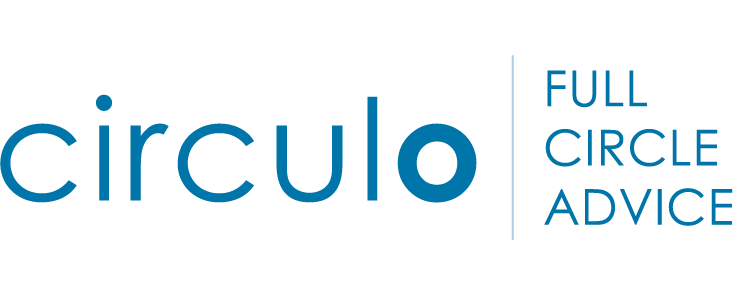Tax implications of share buybacks
Broadly, a company share buyback offers a mechanism whereby a shareholder can dispose of their shares in a company to the company itself for consideration, however, a company share buyback can generate unanticipated tax costs.
Where a company buys back its shares for a price above the subscription price for the share any amount in excess of the subscription price can be treated as a distribution by the company subject to income tax at marginal rates in the hands of the shareholder. Provided certain conditions are satisfied a shareholder may avail of capital gains tax treatment on the buyback rather than income tax, this is commonly referred to as share buyback relief. This relief can be useful where a shareholder would be otherwise unwilling to dispose of their shares in the company due to the prospect of a significant income tax charge on a share buyback.
Main conditions for share buyback relief
Broadly, the main conditions for share buyback relief to apply are as follows:
- The company buying back its shares must be wholly or mainly a trading company or the holding company of a trading company.
- The buyback cannot form part of a scheme to avoid income tax on distributions (dividends).
- The exiting shareholder must be both tax resident and ordinarily tax resident in Ireland in the tax year in which the share buyback takes place.
- The exiting shareholder must have owned the shares for a period of at least five years ending on the date of disposal (this ownership test can be modified in certain circumstances).
- The share buyback must be wholly or mainly be undertaken to benefit the company’s trade.
- The exiting shareholder’s remaining shareholding (if any) in the company post buyback must be substantially reduced. It is important to note that shareholdings held by certain associates aggregate for the purposes of this test.
- The exiting shareholder must no longer be connected with the company post buyback, again it is important to note that shareholdings held by certain associates aggregate for the purposes of this test.
Trade Benefit Test
As noted above, in order to qualify for capital gains tax treatment, the buyback must be wholly or mainly undertaken to benefit the company’s trade. Revenue outlined in Tax Briefing 25 that they will normally regard a buyback as benefiting the trade where:
- The purpose is to ensure that an unwilling shareholder who wishes to end his/her association with the company does not sell the shares to someone who might not be acceptable to the other shareholders.
- There is a disagreement between the shareholders over the management of the company and that disagreement is having or is expected to have an adverse effect on the company’s trade and where the effect of the transaction is to remove the dissenting shareholder.
Examples of this would include:
- A controlling shareholder who is retiring as a director and wishes to make way for new management.
- An outside shareholder who has provided equity finance and wishes to withdraw that finance.
- A legatee of a deceased shareholder, where she/he does not wish to hold shares in the company.
- Personal representatives of a deceased shareholder where they wish to realise the value of the shares.
Conclusion
Share buybacks are commonly used in practice as a means of facilitating a disgruntled shareholder to exit a company for consideration and also as a means of facilitating inter-generational succession planning. To discuss share buybacks with us please contact either Mark Doyle (mark@circulo.ie) or Amanda Comyn (Amanda@circulo.ie).



